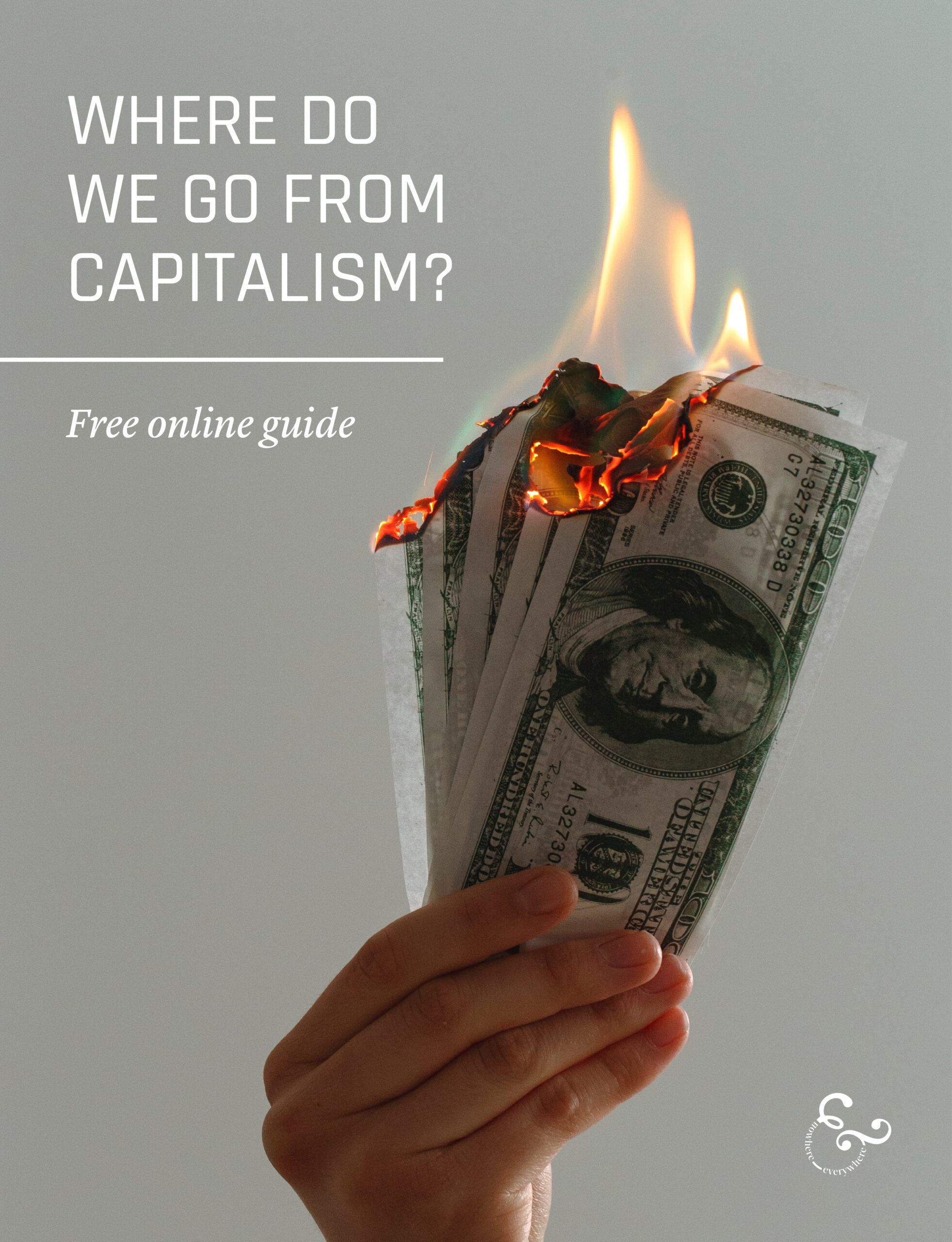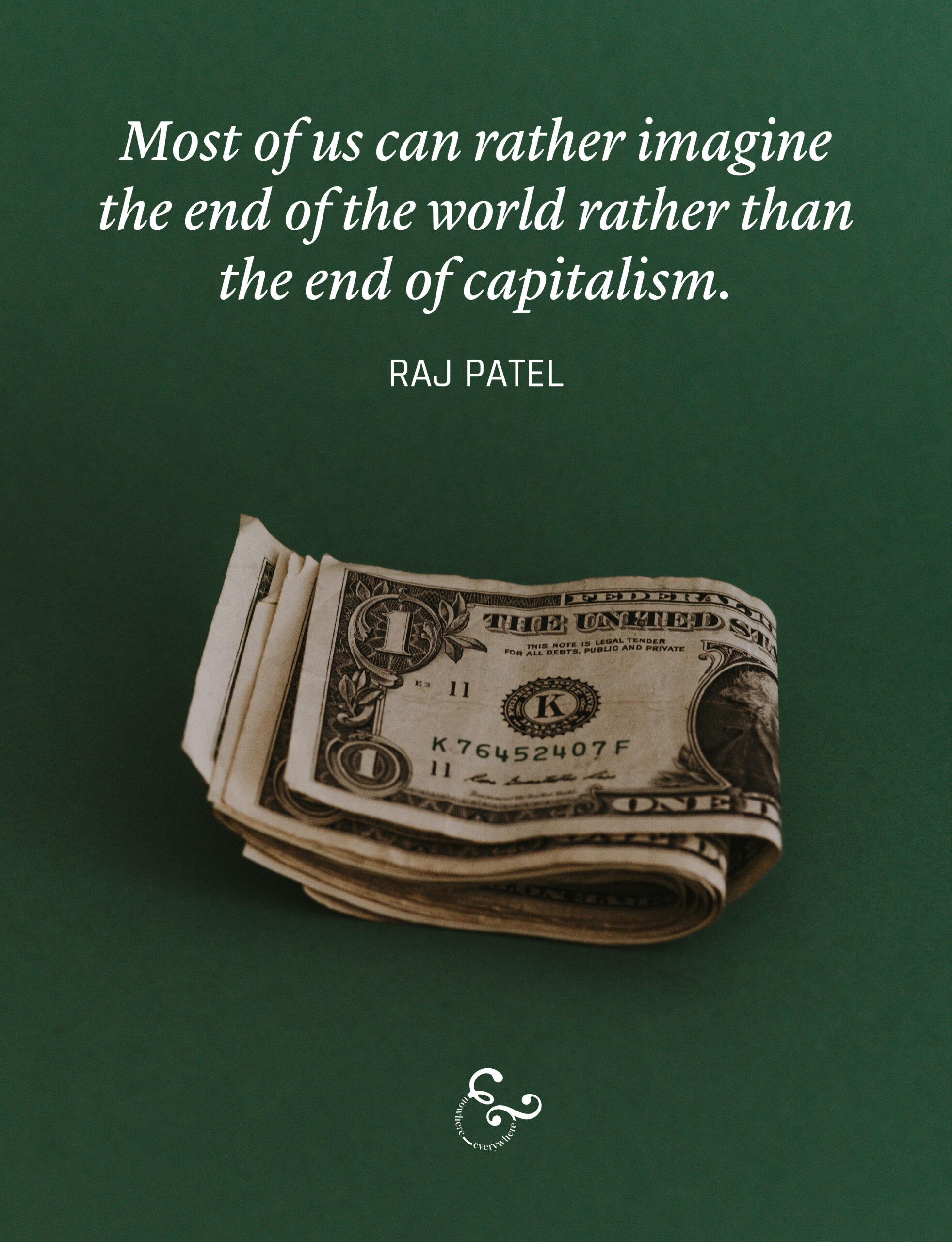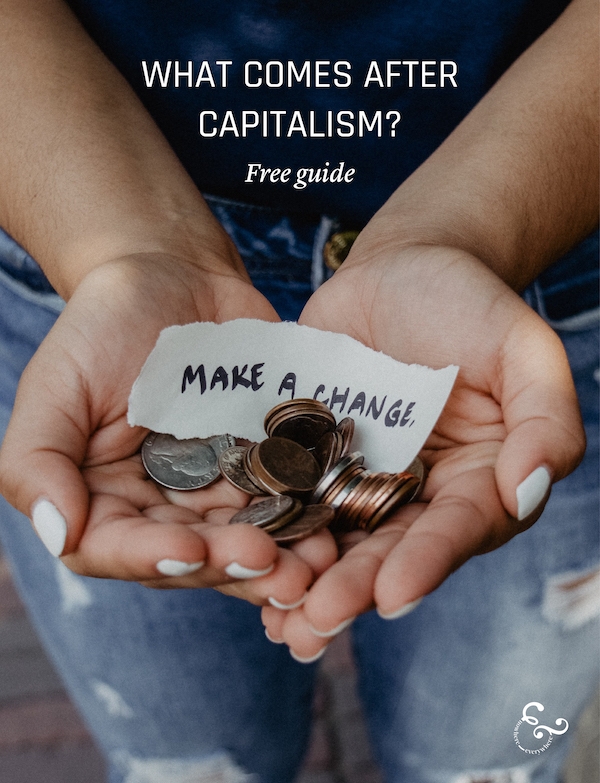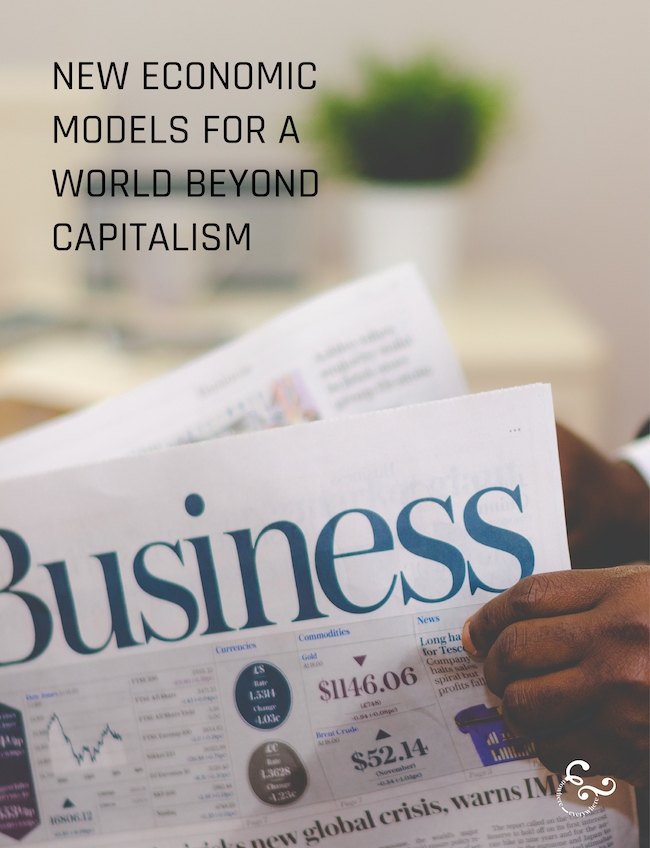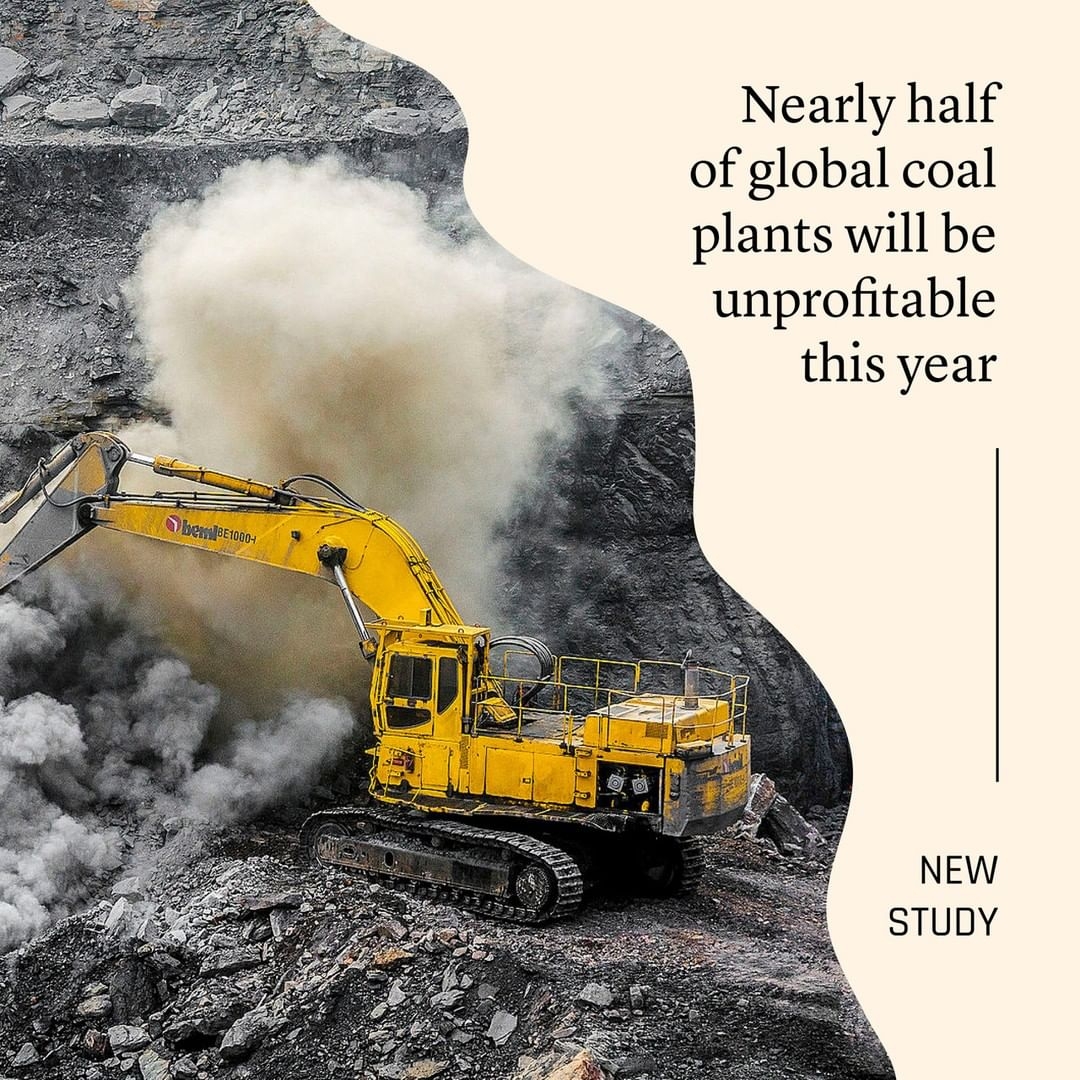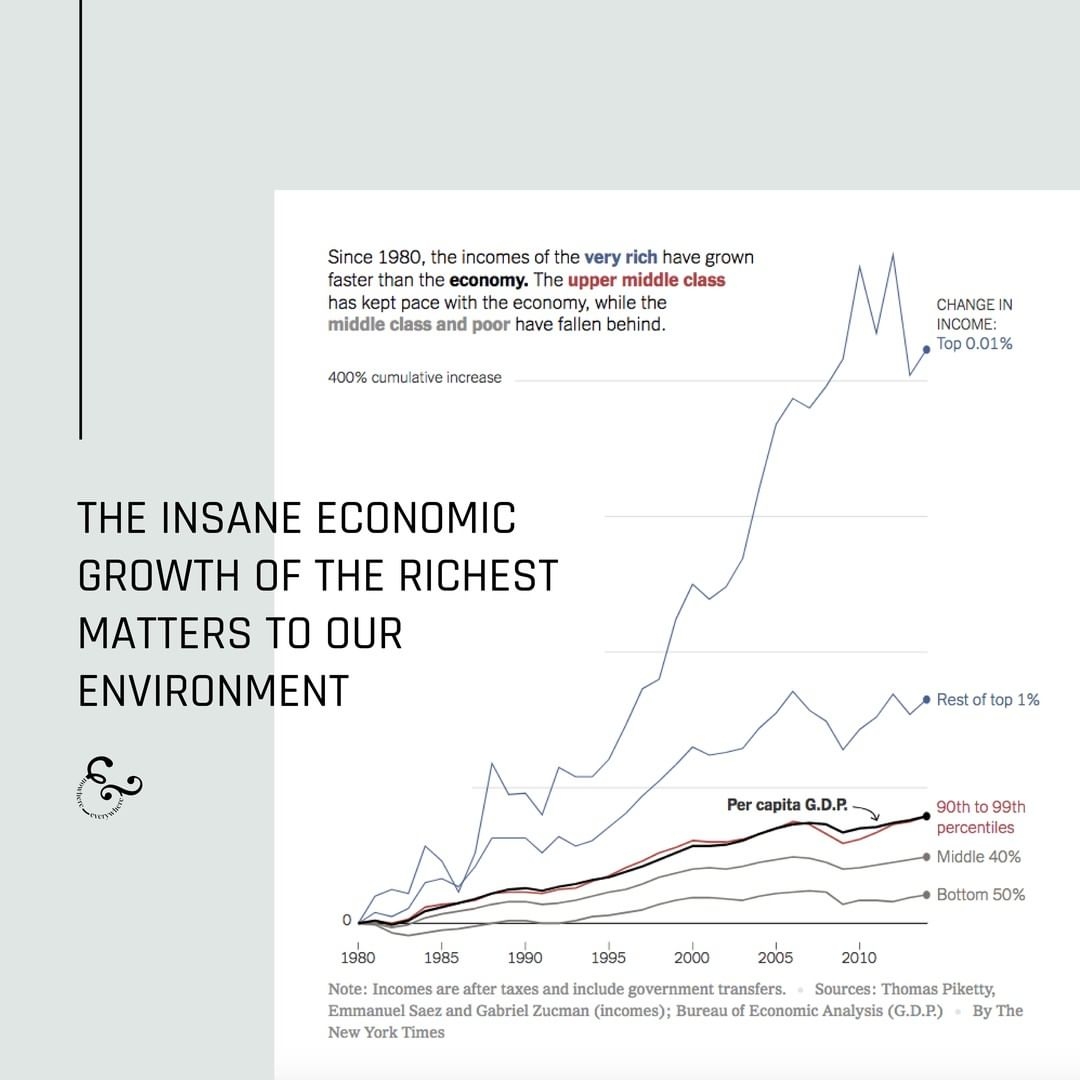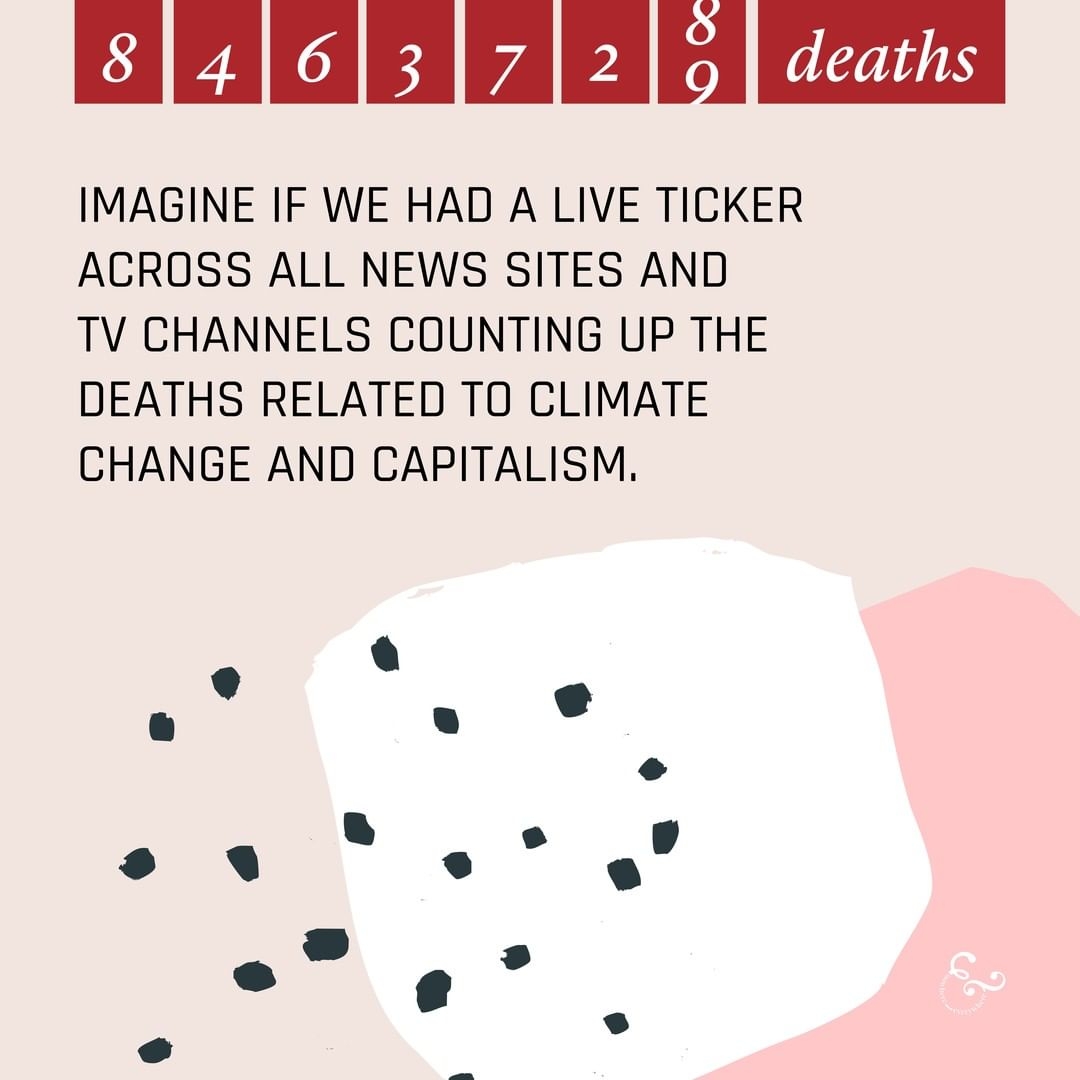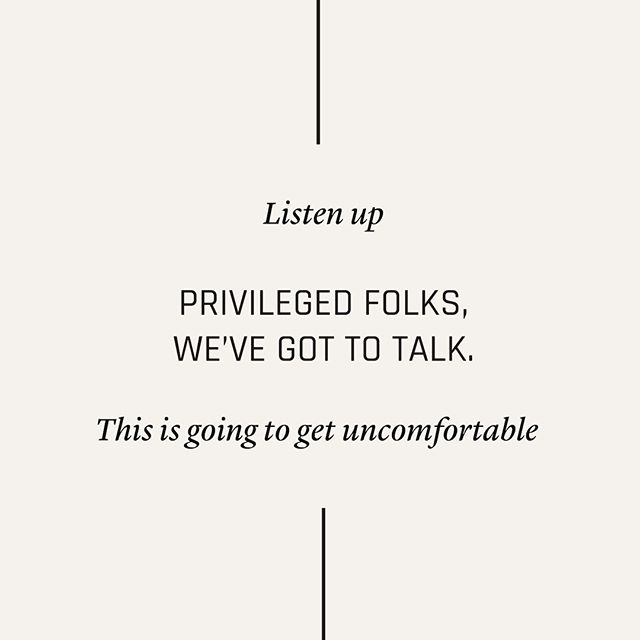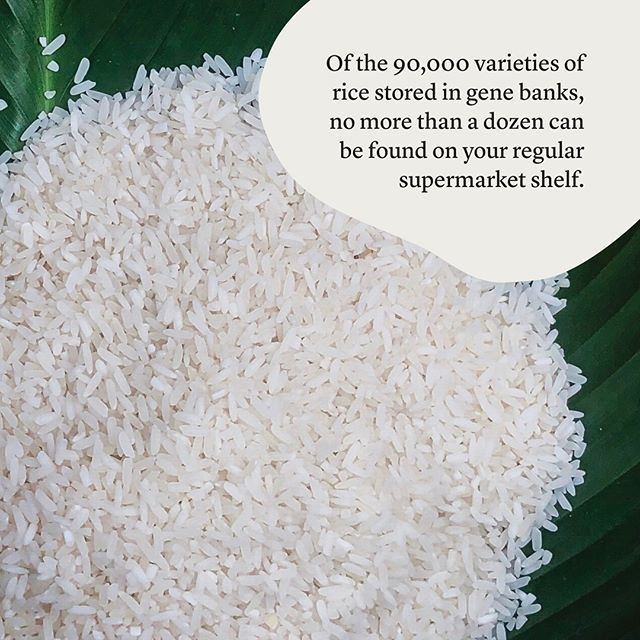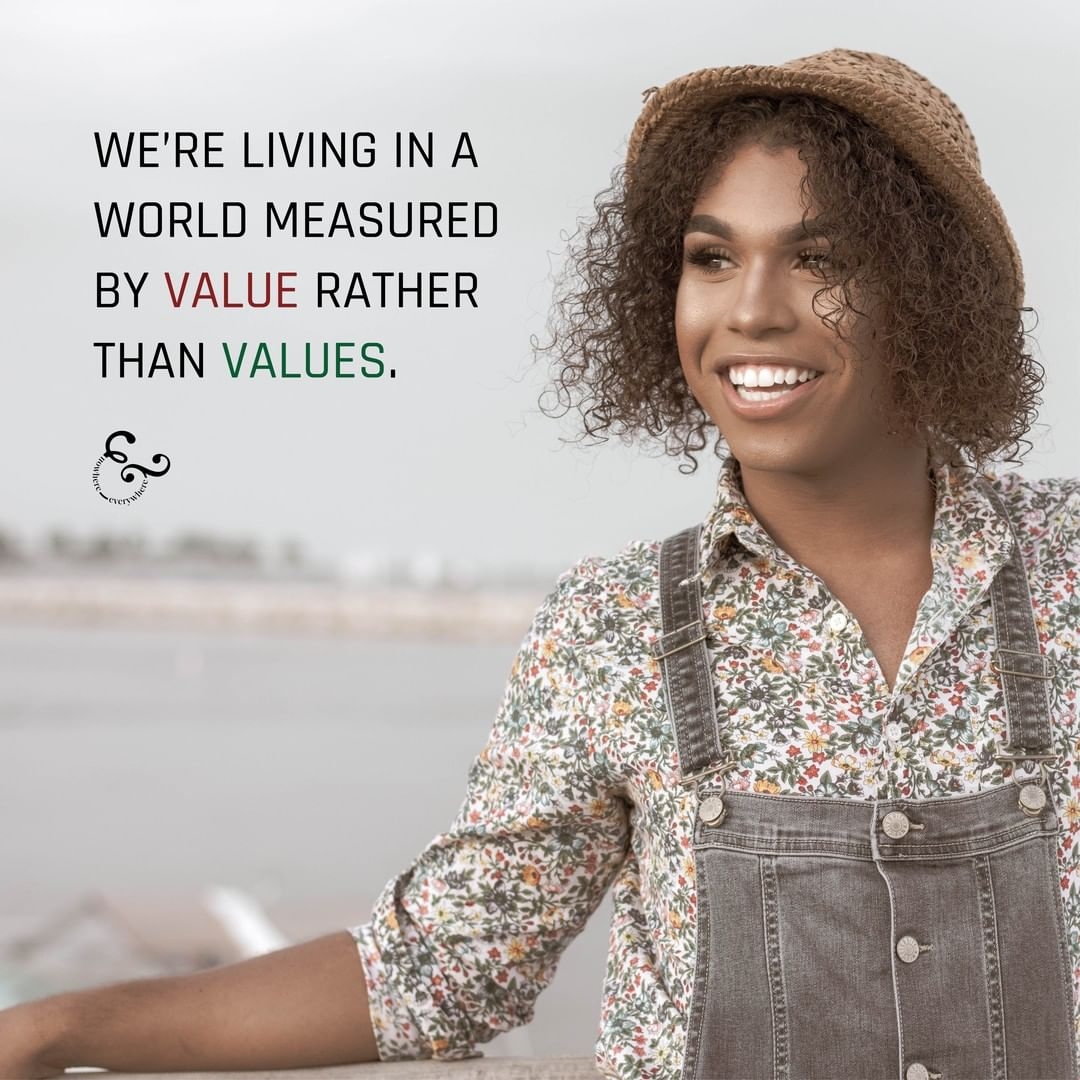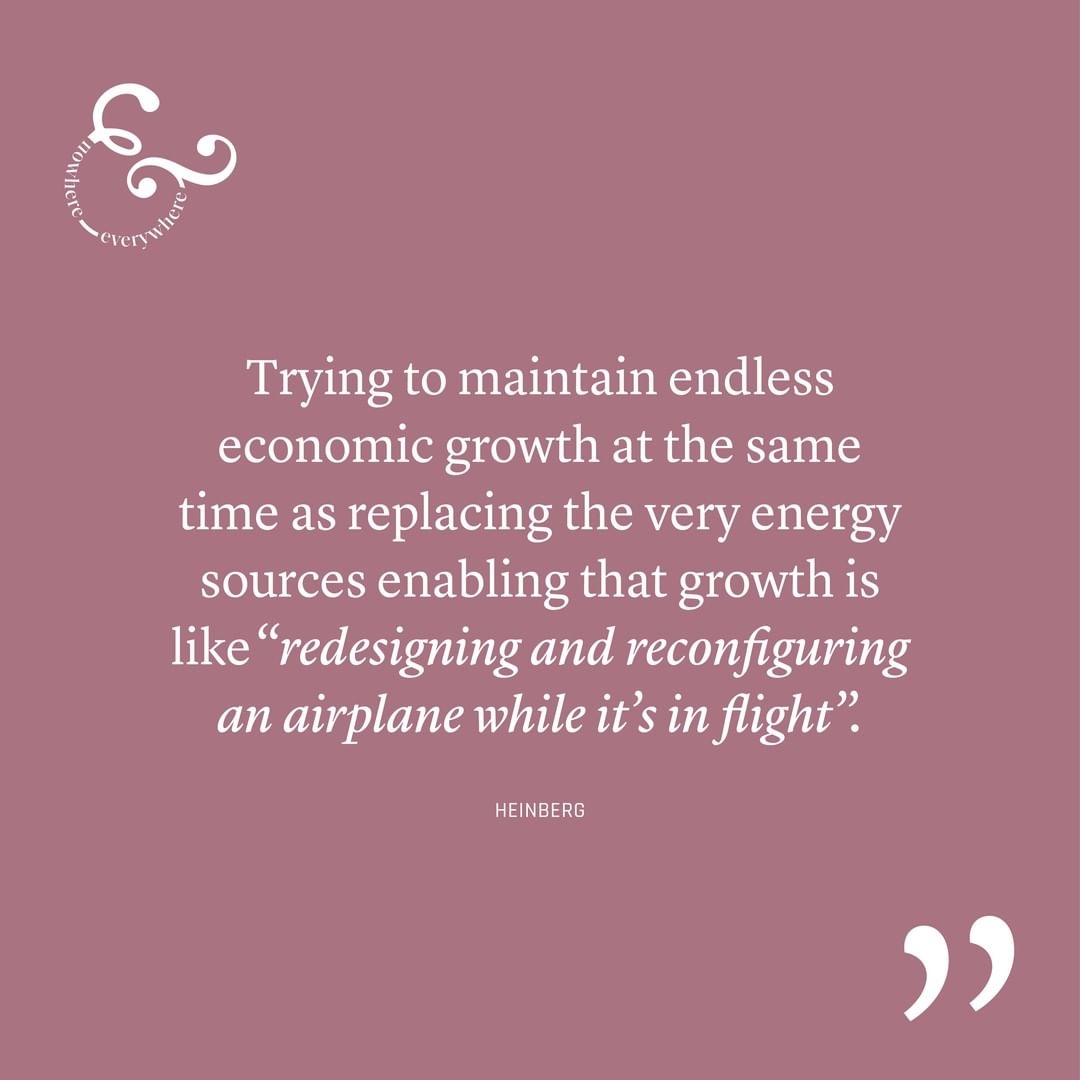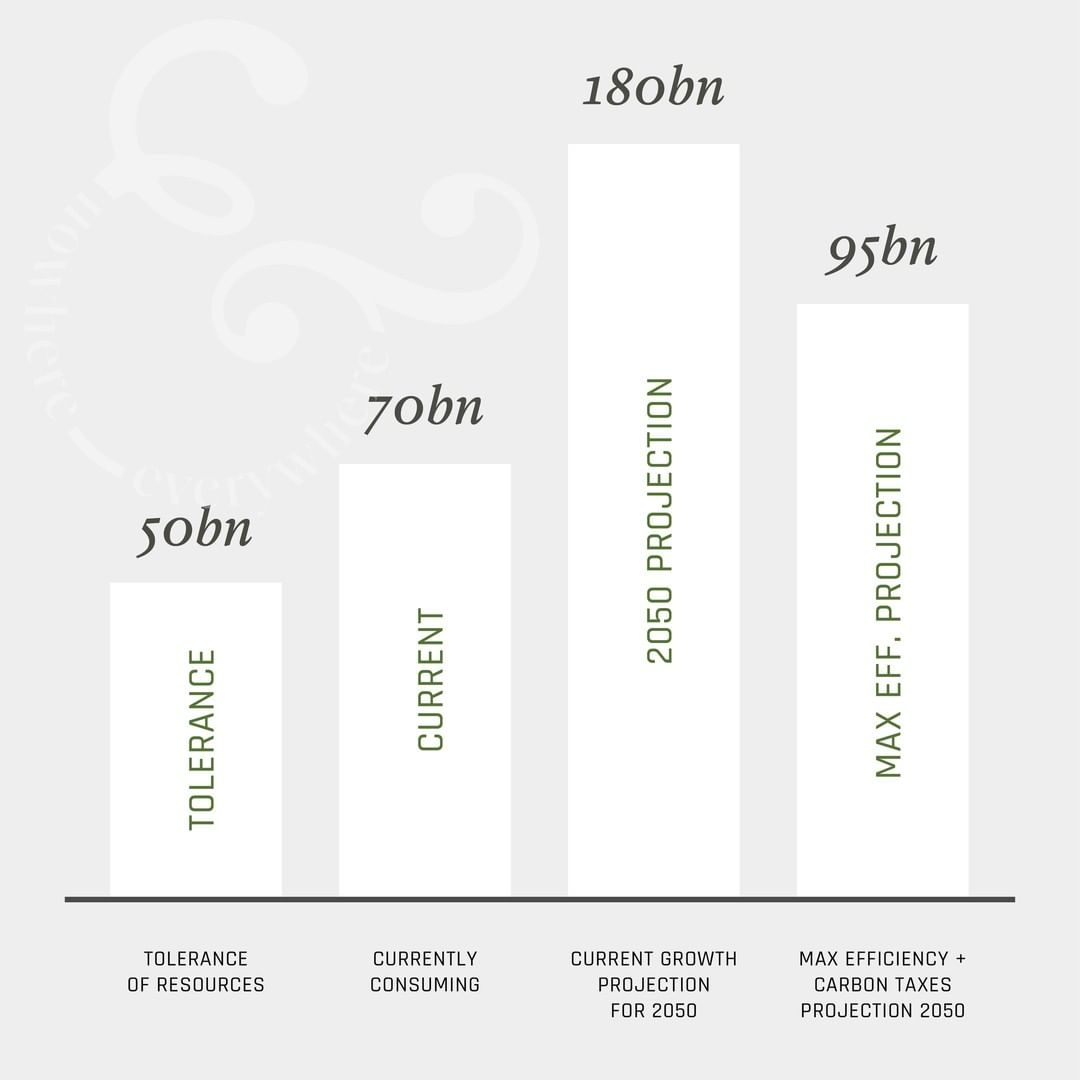Free guide
Where do we go from capitalism?
This guide collects our seven part series on capitalism and the way forward. We write about our economic system a lot – this is a good place to start and dig in.
A seven part series on capitalism and the environment
As a world we currently have two primary courses of thought in economics: the misnomer of green growth and the misunderstood (and difficult to market) degrowth. We write about capitalism a lot but this seven-part series takes us through these options from where we are now, the traps of corporations and why green growth is not the answer we’re looking for.
As a small organization that is often seeking to, and helping others align with, the Sustainable Development Goals, it is also interesting to note that many of these goals are direct contradiction to capitalism – and indeed one of their own goals; growth.
A quick definition
Capitalism is a marketbased economic system has three key principles; “the means of production” (land, resources, capital) are generally concentrated in private hands; the majority of us work for a wage; and markets are used to to reconcile supply and demand. Capitalism is intrinsically growth oriented – it requires growth or the whole system stalls.
Part One
1. Where do we go from here?
What’s the point here I often find myself asking in yet another booming city? That we all capitalize ourselves into the vision of the western dream? Who dreamed up that dream? Do we all think we’re living the dream? It sure doesn’t feel like it. Even the rich are depressed.
Part Two
2. Conscious capitalism
Our executives would like to not reshape the world. But they’d like to pretend they are. This is their story (and how we’ve bought into it too).
Part Three
3. Capitalism and environmentalism collide
In a perverse twist in our system, natural disasters end up increasing our GDP (the one measure we use to track our economic health) because of the clean up efforts and money poured into rebuilding. In addition to that the destruction of nature isn’t accounted for at all in our model. That’s only two of hundreds of ways our economic system and our environment collide.
Part Four
4. Green growth is not the answer
Everybody wants to believe in green growth because it means our lifestyles won’t have to change in any way and the business as usual can proceed unhindered. In fact, that could just keep getting bigger and more luxurious. But green growth has a fatal flaw; the data is wrong.
Part Five
5. Our destructive jobs
Let’s talk about how most of our jobs are contributing to our environmental crises without making us much happier; and what we can do instead. We’re covering Universal Basic Income, Universal Essential Services, bullshit jobs, when we should have automation and switching up the way we work.
Part Six
6. The business model is the problem
Nearly every business on Earth is designed to grow – and needs to to survive. How are businesses going to change in a new system? What does change actually look like? And does it count if a business makes environmental moves without changing their business model/
Part Seven
7. Changing the system to what?
In 2019 more than ten thousand scientists from over 150 countries published an essay calling on governments to shift to “post-growth” economic models, focusing on human wellbeing and ecological stability rather than constant growth. Decoded? Shifting away from capitalism. We’ve got a number of excellent options – in models and ways we can measure our planetary health without GDP.
We’ve been denied the right and the capacity to imagine what the world might be like after capitalism. That’s why most of us can rather imagine the end of the world rather than the end of capitalism. – Raj Patel
FREE GUIDE
Our new economic models
This is a guide on over twenty different economic models that we can use to propel our future post-capitalism. Stay tuned, it’s coming soon!
